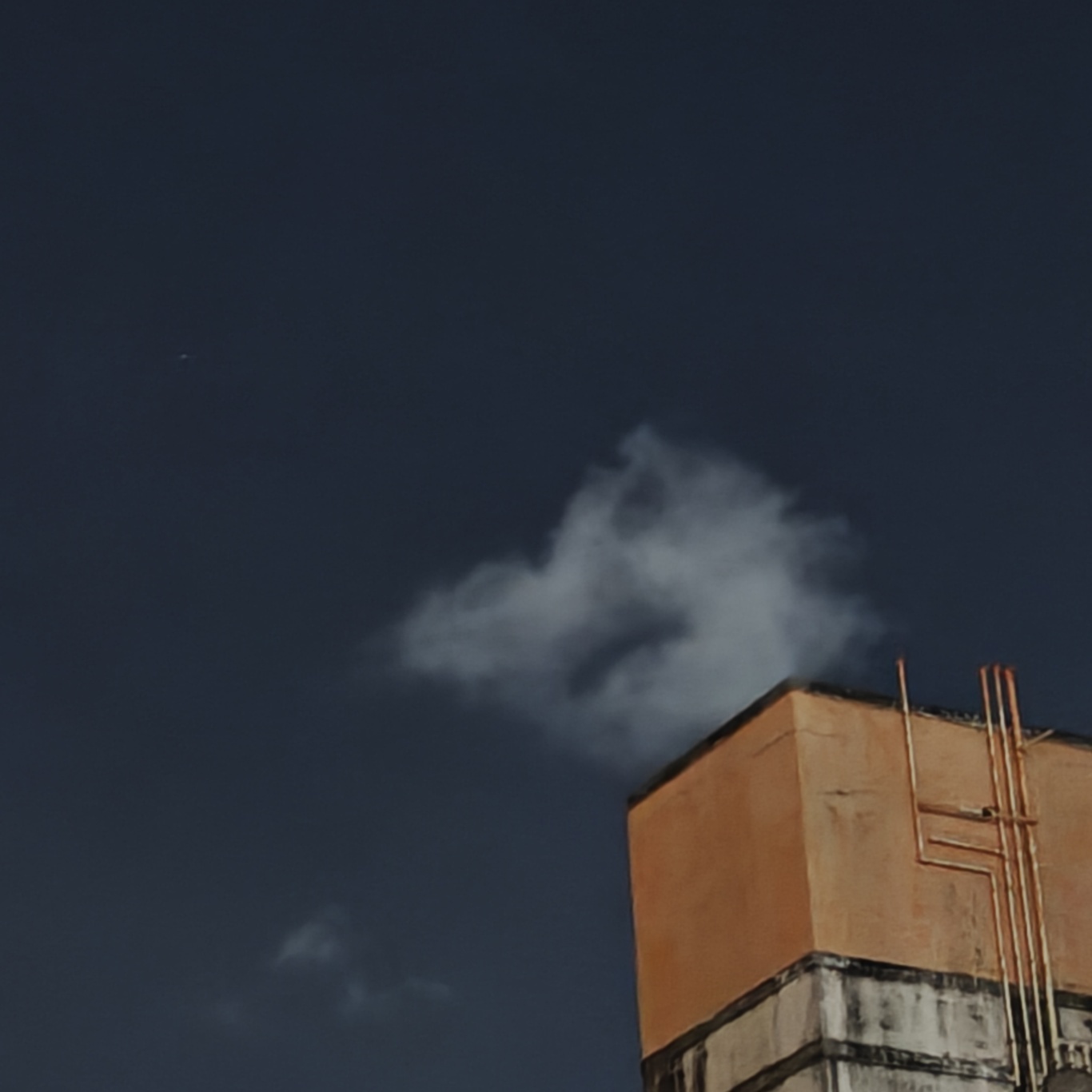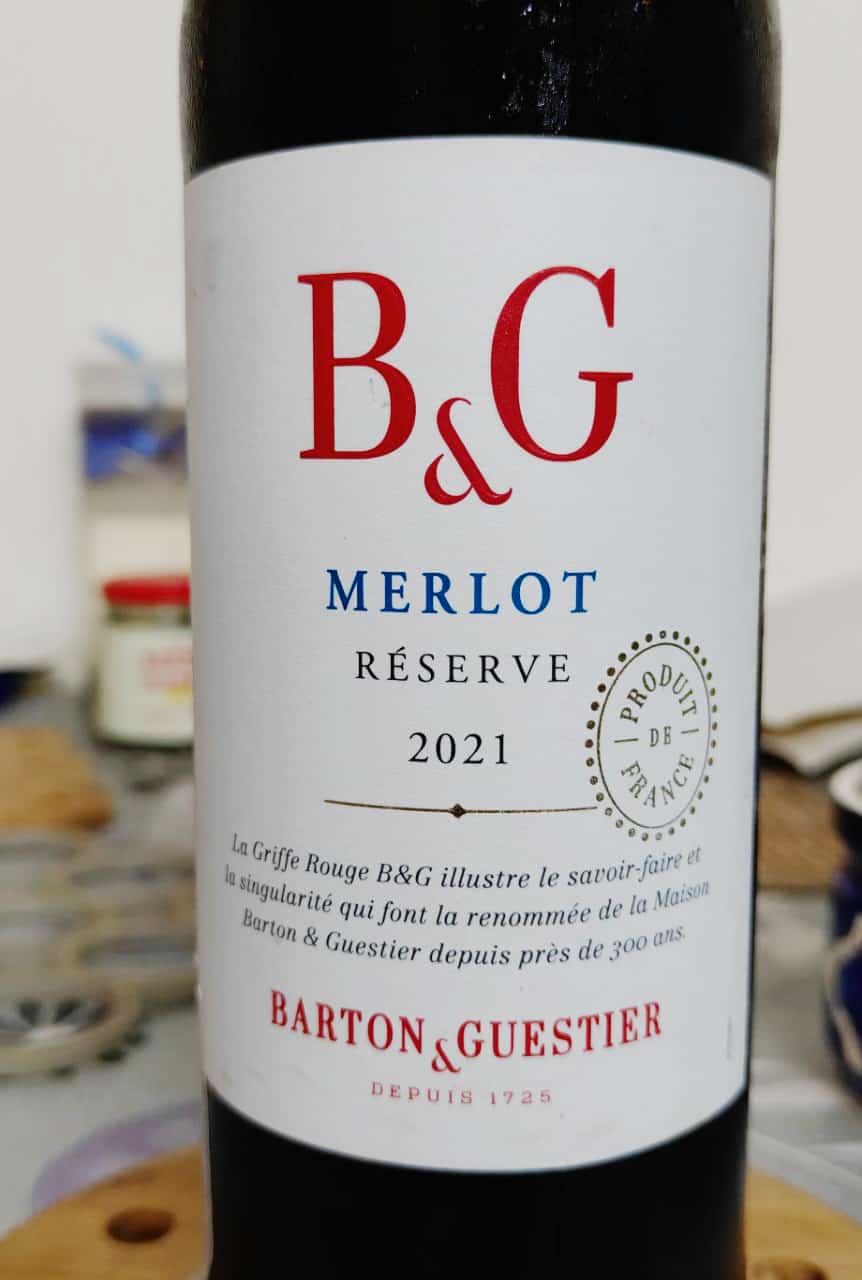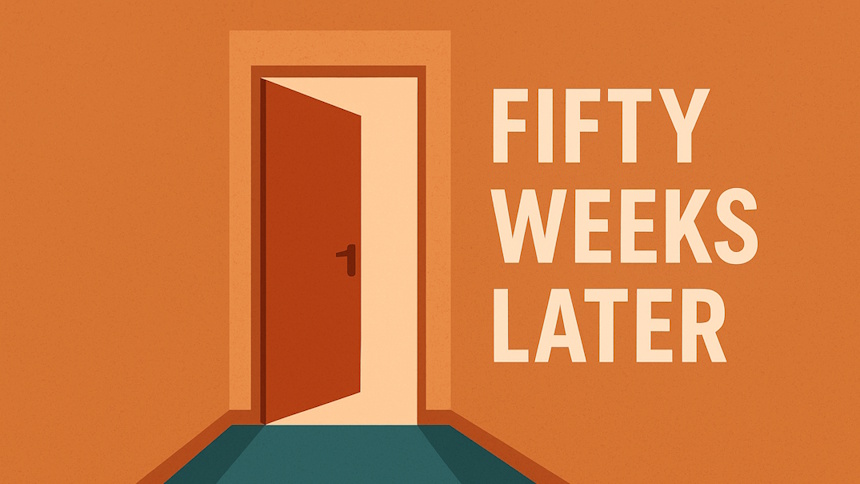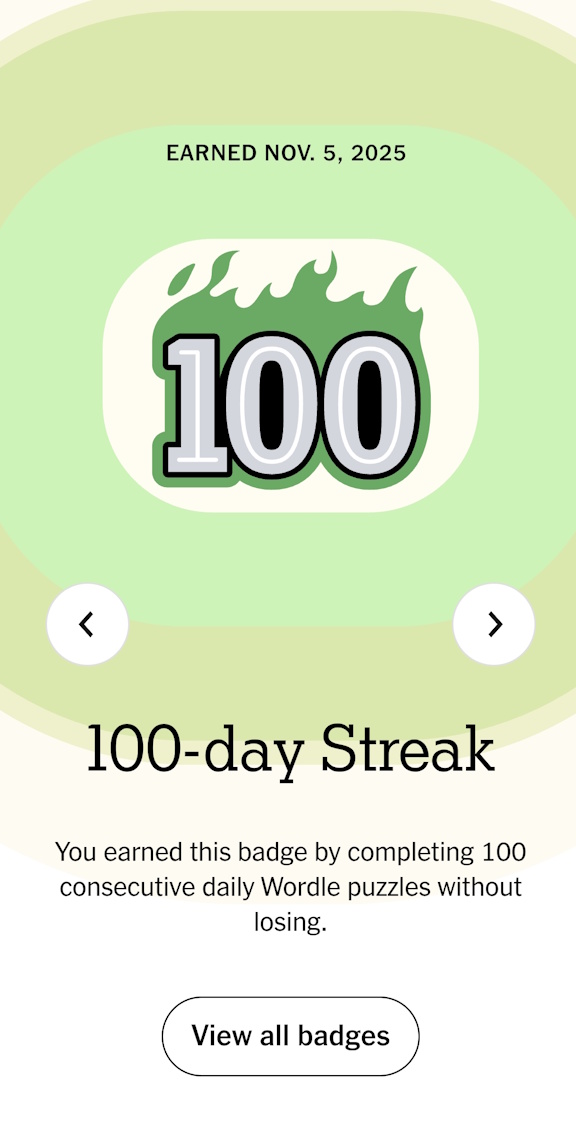
IndiGo achieved what my teachers couldn't: getting me to sit at the front.

IndiGo achieved what my teachers couldn't: getting me to sit at the front.
I am currently working my way through Why Nobody Understands Quantum Physics when I read about the Newton/Leibniz rivalry on who invented calculus. 1
In 1696, Johann Bernoulli and Gottfried Wilhelm Leibniz challenged Europe’s mathematicians to solve the Brachistochrone problem (finding the path of fastest descent). Isaac Newton, then 54 and working at the Royal Mint, received the challenge on Jan 29, 1697. He solved it overnight and submitted it anonymously. Bernoulli instantly recognized the author, famously stating: "ex ungue leonem (as the lion by his claw).
That phrase got me wondering about fingerprints and identity.
Over the past year and more, we have been using the em dash as the "lion's claw" of an LLM-generated content. And because it's prevalent, the claw has become a tell. We used to say, _"On the internet, nobody knows you’re a dog."_ Except now, the dog is an AI, and we know it’s a dog because it can’t stop using em dashes to simulate "thoughtful" prose. 🤷🏾♂️
I imagine Bernoulli opening Newton’s anonymous letter today. Instead of elegant geometry, he finds a perfectly optimized, AI-generated proof. And if he looks for a 'claw', he would find none, not a hint of a man who stayed up all night grumbling about being dunned and teased by foreigners about mathematical things. It made me wonder: would Newton purposefully insert a stray comma today, just to prove he wasn't a bot?
I hated calculus at school and now I know who to blame for it. ↩

Another year older, a little too much biryani, and a long evening walk under a patient sky. Forty-six is for watching the clouds, not chasing them.

Rainy New Year, broken corkscrew, good Merlot anyway. Sometimes that's enough. Happy New Year to all.

After nearly 50 weeks, it’s time for me to close my career break and re-enter the familiar highs and lows of full-time work.
I went into the break imagining long, uninterrupted silence. I expected the solitude. I didn’t expect to miss talking to people as much as I did. For someone who sits slightly on the introverted side of things, it was a surprise to realise how much my mind depends on conversation—on that small spark that jumps between people when the right question is asked. It was also one of the reasons I felt ready to return. I’m in the prime years of my working life, and I want to spend them immersed in collaboration rather than orbiting it from a distance.
During the break, I found myself rethinking the work of a technical writer in a year filled with noise, speculation, and small pockets of clarity. I now think of technical writing as something shaped by humans and machines, each with their own strengths. I had a chance to talk through those early thoughts and write a little about them.
This was also a year of watching the fear and confusion around technical writing and AI. My view remains simple: AI is a tool. Useful when used well, unhelpful when not. I saved time with it, then spent twice as much trying to make it understand what I wanted. Strangely, I was more patient with the machine than with humans. I’m still thinking about what that says. It was a reminder that tools change—but the craft, and the expectations around it, still need human judgment.
Somewhere in all this, I finally learned to relax without guilt—a life skill I wish someone had taught me much earlier. I made space to feel the sting of rejected applications without letting it define me. That discomfort became a quiet tutor, nudging me to reassess what a technical writer really does and what kind of writer I want to be.
I let myself chase ideas without a roadmap. I vibe-coded whenever something caught my attention or when a small itch needed scratching. I built a Readest-to-Readwise highlights importer, a LinkedIn carousel builder that uses Markdown, and a Google Sheets–to–JSON converter to clean up my book library.
I read a lot of books in my yearly pursuit of a hundred, and an unreasonable number of web novels—mostly in the litrpg and xianxia genres. I binge-watched K-dramas and anime, and at 1.7× speed, discovered that Japanese sounds strangely soothing and mellifluous to my ear in a way Korean doesn’t. A highly specific discovery, but a delightful one.
And on some mornings, I took post-breakfast naps, the kind of indulgence that only makes sense when you have nowhere urgent to be. Somehow, the post-lunch siesta never caught on.
All of this taught me to let life unfold without forcing it. It reminded me that being a small fish in a big pond is often the healthiest, happiest place to grow. It quieted that background hum of “What next?” that had shadowed me for months.
Now, as I return to work, I’m stepping in with clearer intent, grounded expectations, and a renewed respect for the simple act of showing up, connecting, and doing the work with others.
Last night, Max and I managed to finally hit a 100-day streak in Wordle. We had been close a few times earlier this year but a missed day had us restart from the beginning.

Jay Acunzo on the difference between discovered value and apparent value, and three distinct phases of clarifying each type to others.
I’ve always been proud of my work. For years, I described what I did with a statement that felt right:
"My mission is to collaborate with organizations to help people understand and use software better."
It was a good, honest statement. It explained what I did and how I worked. But something about it never quite fit. It focused on the process, not the outcome. It said what I did, but not why it mattered.
That thought lingered until I read Jay Acunzo’s piece on two kinds of value. He talks about:
Reading that helped me see my old statement differently. It was about discovered value—the appreciation that comes after someone works with me. But it didn’t lead with the apparent value, the outcome that matters most to users and teams.
So I rewrote it:
I help users succeed by delivering the right answers, in the right format, right when they need them.
The first part, “I help users succeed,” is the apparent value. It is clear and outcome-focused. The second part, “by delivering the right answers, in the right format, right when they need them,” hints at how I get there. It gestures toward the deeper value of good documentation without getting in the way.
That small change reshaped how I talk about my work. It shifted the focus from the mechanics of what I do to the result it creates. Now my statement felt a bit stronger than before and useful. Rewriting my mission statement using this lens was a small change, but it shifted my perspective. Clarity is not only about doing the work well; it’s about helping others see why the work matters.
It also leaves me with a question. As technical writers, how often do we describe our work through the discovered value—clarity, accuracy, usability—without first naming the apparent value that others can immediately relate to? And what might change if we led with that? I explored that in more detail in my latest PaperArrow post: Apparent and Discovered Value in Technical Writing.
I have this #kvetch with messaging apps like WhatsApp, Telegram, or whatever new messaging is out there.
When someone from my kid's school group messages me, they see the same name and profile photo as my old work colleagues do. Same as my book club friends. Same as people in my PKM communities who only know me as someone obsessed with note-taking systems.
In real life, I'm a slightly different version of myself in each of these spaces. Different contexts, different modes. I don't talk about Zettelkasten methods in my kid's school meetings. I don't use the same tone with former coworkers as I do with people I knew in college.
But messaging apps don't get this. They give you one name, one photo, one bio, and that's your identity everywhere inside the app. You can have different profile photos in each app, but that's not what I'm talking about.
Discord sort of tries—you can set nicknames per server and change your avatar. But your username still percolates through. Slack's slightly better, lets you customize per workspace, but then you're locked into that same identity in every channel, whether you're in #random or #doc-ops.
What I actually want: let me define who I am per group. Different name, different photo, maybe even a different bio or contact info depending on the context. Let me be "Xavier (Max's dad)" in the school chat and "Xavier" in another and "that person who won't shut up about Obsidian" in a third.
I contain multitudes, as Whitman said. So why can't my messaging apps?
This morning, I wasn’t in the mood to write. Instead, I found myself spelunking through an old external drive, hunting for something specific: some old writings from nearly 25 years ago, little fragments of who I used to be.
And then, a folder titled Arena caught my eye. Teenage-me thought calling it “Games” lacked sufficient gravitas. I opened it, and there it was: my collection of favorite games — Age of Empires.
In a flash, I was back there again. I remembered my first encounter with The Rise of Rome, its demo tucked into an issue of Chip magazine2, the monthly bible for computer geeks like me in the late nineties.
The demo was a hard nut to crack. There was no Save option. Quit, and you had to restart from the beginning. It featured the First Punic War campaign: three missions, Carthage against Rome.
I spent hours wrestling with that campaign in a single stretch. It was then, though I didn’t have the language for it, that I stumbled into a flow state. I didn’t know the term yet, but I knew the feeling.
I can still feel the urgency, the way my pulse quickened as though history itself depended on me.3 The music wasn’t just background; it was the pulse of the game4, the rhythm that carried me forward.5
We all experience flow in different parts of our lives: that intense focus when we’re deep in a piece of work, the way pages turn themselves late at night, or the quiet, almost automatic shifts of gears on a long drive with music and conversation in the background.
Today, decades later, I slipped back into the game and into that same deep focus, where time stretches and the world shrinks to the size of a screen.
When I finally closed the game, I wondered if we can step into flow at will. Could we slip into that blessed state as easily as opening an application? I doubt it. Most days, we live in the noise, catching only glimpses of that quiet current.
So I returned to the distractions of daily life, grateful for a few hours when time disappeared, when I was that boy again trying to save Carthage one more time.
Chip eventually closed shop and morphed into Digit. ↩
Maybe this is where my love for historical fiction began. ↩
The sound designers of the game talk about the music of the game at The Life & Times of Video Games podcast episode. ↩
I still listen to the Age of Empires soundtrack when I need a boost of flow. ↩